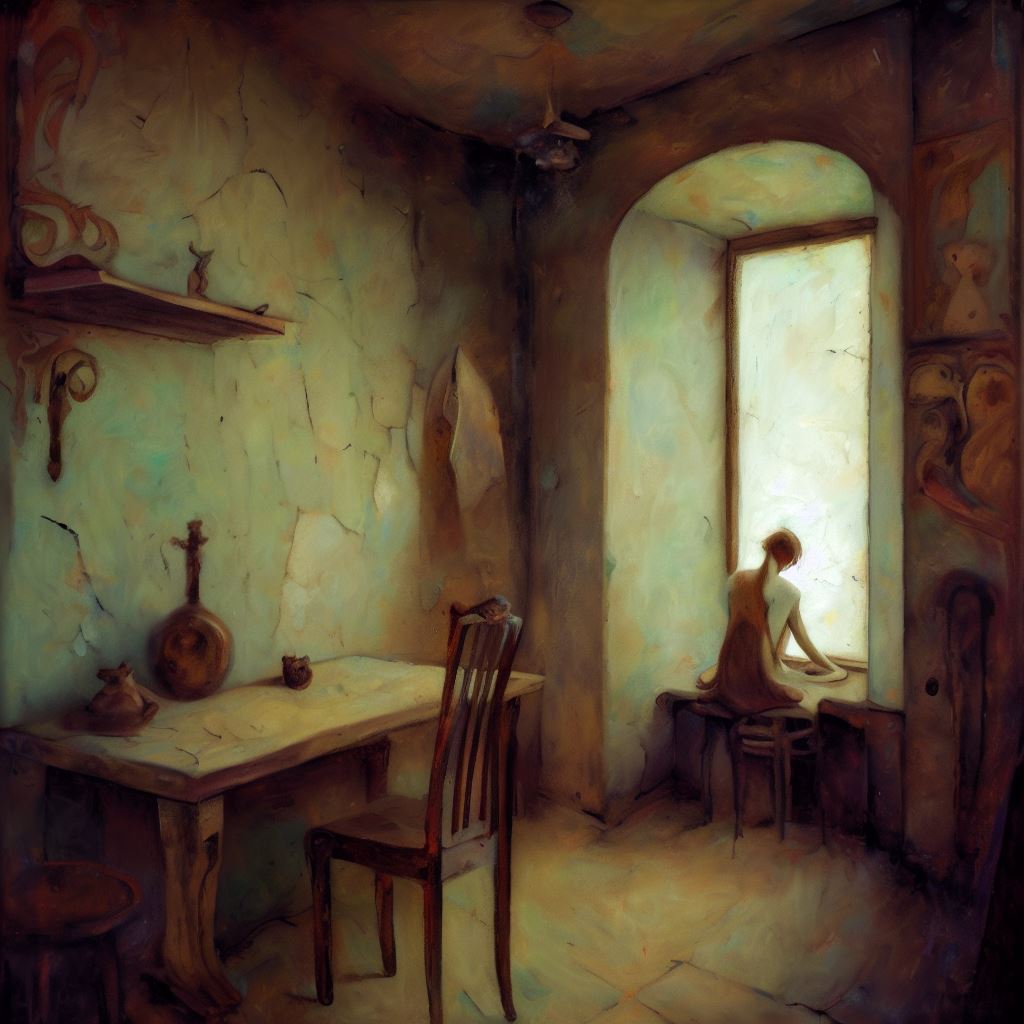This post has all the ingredients of an old man tilting at windmills or rosy retrospection and all that, but at least I have backups! That is to say, I’m not alone in lamenting the state of cinema today and dreaming of other cinematic realities.
This post is based on an ongoing discussion I’m having with my good friend Igor da Silva Livramento, fellow writer, academic, and creative-writing advisor. He’s also a composer, music theorist, and producer. You can find him on LinkedIn, and also take a look at his blog and his page on Bandcamp.
Both Igor and I agree that cinema today – especially mainstream, mass-produced US-made films – rarely has anything of value to demonstrate. It’s once again, a living example of what happens when art is industrialized.


